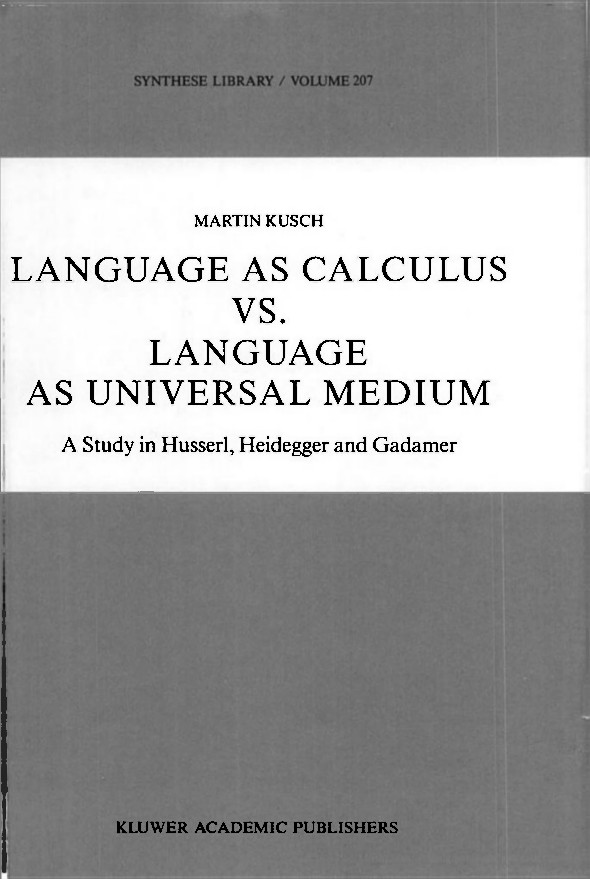Roland Barthes by Roland Barthes (1975/1977)
Filed under book | Tags: · biography, language, literature, semiotics

Roland Barthes by Roland Barthes is the great literary theorist’s most original work—a brilliant and playful text, gracefully combining the personal and the theoretical to reveal Roland Barthes’s tastes, his childhood, his education, his passions and regrets.
Originally published as Roland Barthes par Roland Barthes, Editions du Seuil, 1975
Translated by Richard Howard
Publisher University of California Press, with Hill and Wang, a division of Farrar, Straus & Giroux, 1977
ISBN 9780520087835
188 pages
via Keykeeper
PDF (images are of low quality)
Comment (1)transversal, 06/13: A Communality That Cannot Speak: Europe in Translation (2013) [EN, DE, FR, ES, PL, SR, HU]
Filed under journal | Tags: · commonality, europe, language, politics, translation
“What is at the core of the European crisis today? The trouble with the Euro, as the ruling elites want us to believe? Wrong! The crisis is not about the common currency, but about the current commonality. Europe not only lacks a common language to collectively respond to the crisis, or a common public space to mobilize joint democratic action against its disastrous social consequences. It fails, above all, to address the very commonality of today’s capitalist crisis that now returns to Europe after having long been displaced to other parts of the world, outsourced to those “others” who were not, and still are not, supposed to enter a truly shared sphere of commonality. Hence, when today, caught in crisis, the European modes of speaking and decision-making fall apart into a cacophony of national languages and a chaos of parallel political realities, they simultaneously keep silencing the very commonality of the question of commonality.
It has been claimed that translation can offer a solution to the enigma of linguistic and political commonalities. But what kind of translation? Certainly not the one that simply serves the communication between allegedly homolingual communities and thus reproduces the already existing regimes and imaginaries. So how can we think of another kind of translation, one that addresses a non-aggregate community of foreigners, migrants of all sorts, but also all those who are becoming increasingly foreign to their own “native” languages, cultures, societies and political institutions: a translation that evokes a new mode of sociality still in search of its political actualization?”
With contributions by Boris Buden, Naoki Sakai, Jon Solomon, Myriam Suchet, Loredana Polezzi, Peter Waterhouse, Arat, Rubia Salgado, 1. März – Transnationaler Migrant_innenstreik, Nicole Doerr.
Publisher eipcp – European Institute for Progressive Cultural Policies, Vienna/Linz
Copyleft
ISSN 1811-1696
HTML (updated on 2020-4-18)
Comment (0)Martin Kusch: Language as Calculus vs. Language as Universal Medium: A Study in Husserl, Heidegger and Gadamer (1989)
Filed under book | Tags: · hermeneutics, language, mathematics, phenomenology, philosophy

The book applies a novel interpretational framework in philosophy of language to the study of Husserl, Heidegger and Gadamer, emphasizing the fundamental opposition in Husserl’s and Heidegger’s views concerning the relations between language and the world. The author shows how Husserl’s idea of language as a reinterpretable sign-system informs his whole philosophical project from the early work on the philosophy of mathematics to the late studies on the life-world.
The book also explains Heidegger’s central reasons for rejecting Husserl’s conception of language, the central tenets of Heidegger’s early as well as his late “thought” being interpreted as so many corollaries of this rejection. The book concludes with a discussion of Gadamer’s hermeneutics which is analyzed as an attempt to avoid the extremities of both Husserl and Heidegger. The study also elaborates on similarities and differences between these thinkers and classicists in the analytical tradition such as Frege and Wittgenstein.
Publisher Kluwer Academic Publishers, Dordrecht / Boston / London, 1989
Synthese Library, Volume 207
ISBN 0792303334, 9780792303336
362 pages

